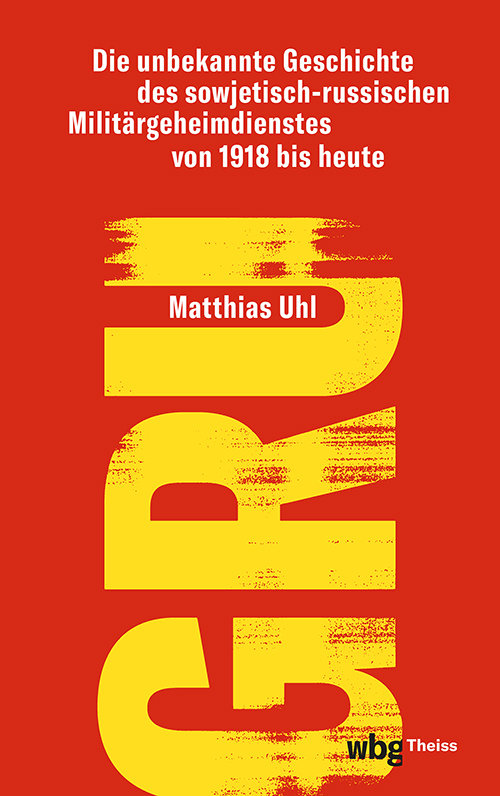Die GRU, der russische Militärgeheimdienst ist einer der effektivsten und geheimsten Nachrichtendienste weltweit. Bis heute gibt es im Westen kaum gesicherte Informationen über die GRU, vor allem, weil bis in die Gegenwart kaum ein Dokument aus den Archiven der GRU zugänglich ist.
Das Buch stellt erstmals für einen breiten Leserkreis die Geschichte der GRU von ihrer Gründung 1918 bis heute dar. Matthias Uhl kann dabei auf Dokumente aus dem legendären Archiv des Militärgeheimdienstes zurückgreifen. Zudem lüftet er die Identität des GRU-Agenten »Murat«, der Moskau in den 1950er und 1960er Jahren Hunderte streng geheime Unterlagen aus dem NATO-Hauptquartier geliefert hat. Und er beleuchtet Operationen und Spionageaktionen während des Kalten Krieges und des heutigen Russland - bis hin zu Mordanschlägen in Westeuropa sowie zum Einsatz der GRU bei der Besetzung der Krim und im Ukraine-Krieg.



